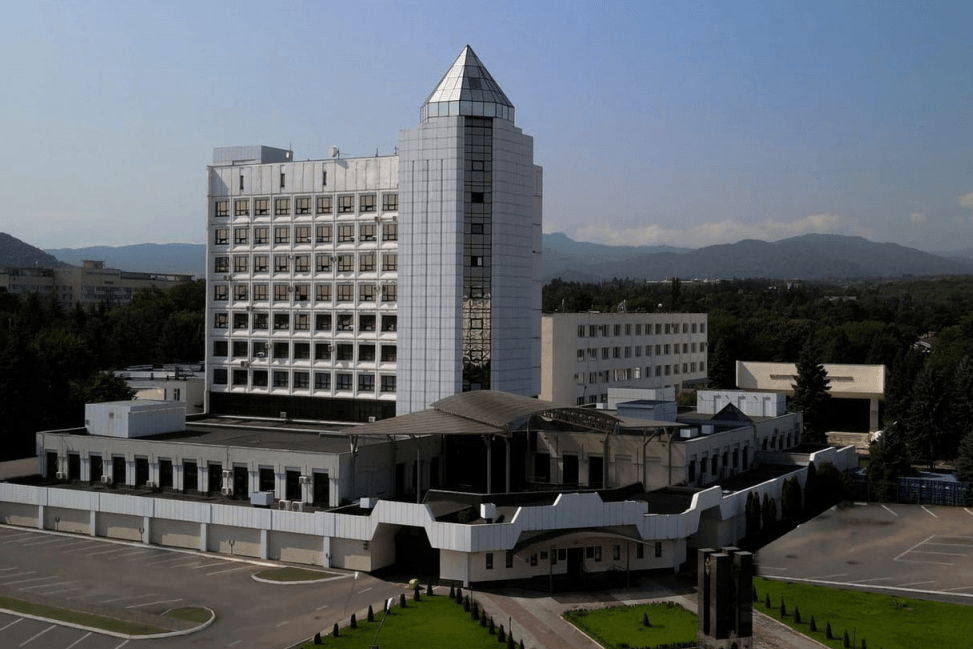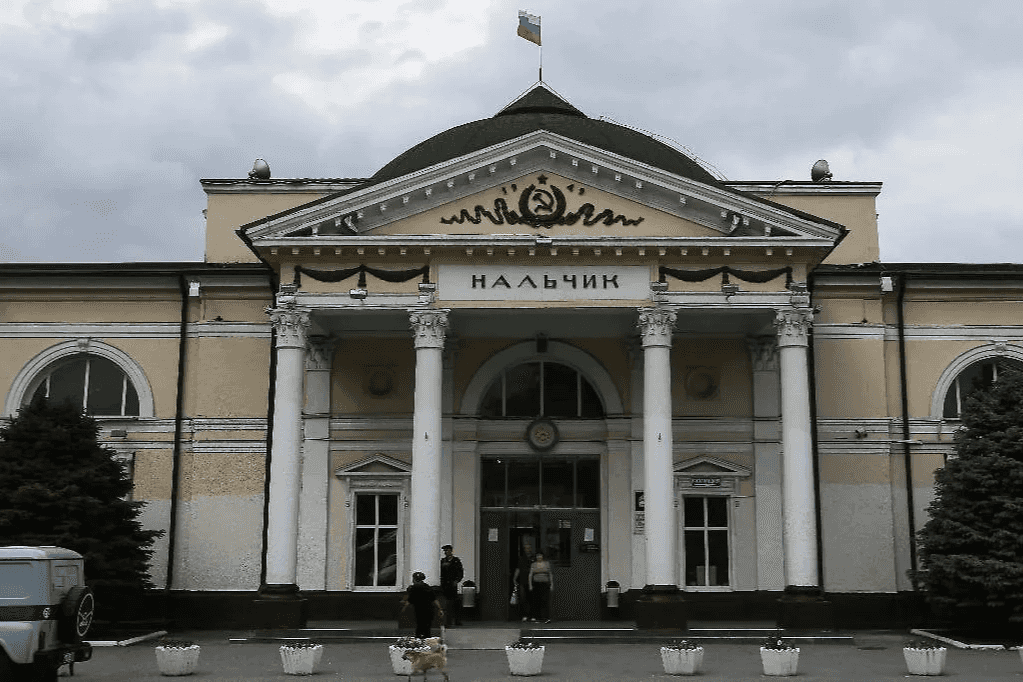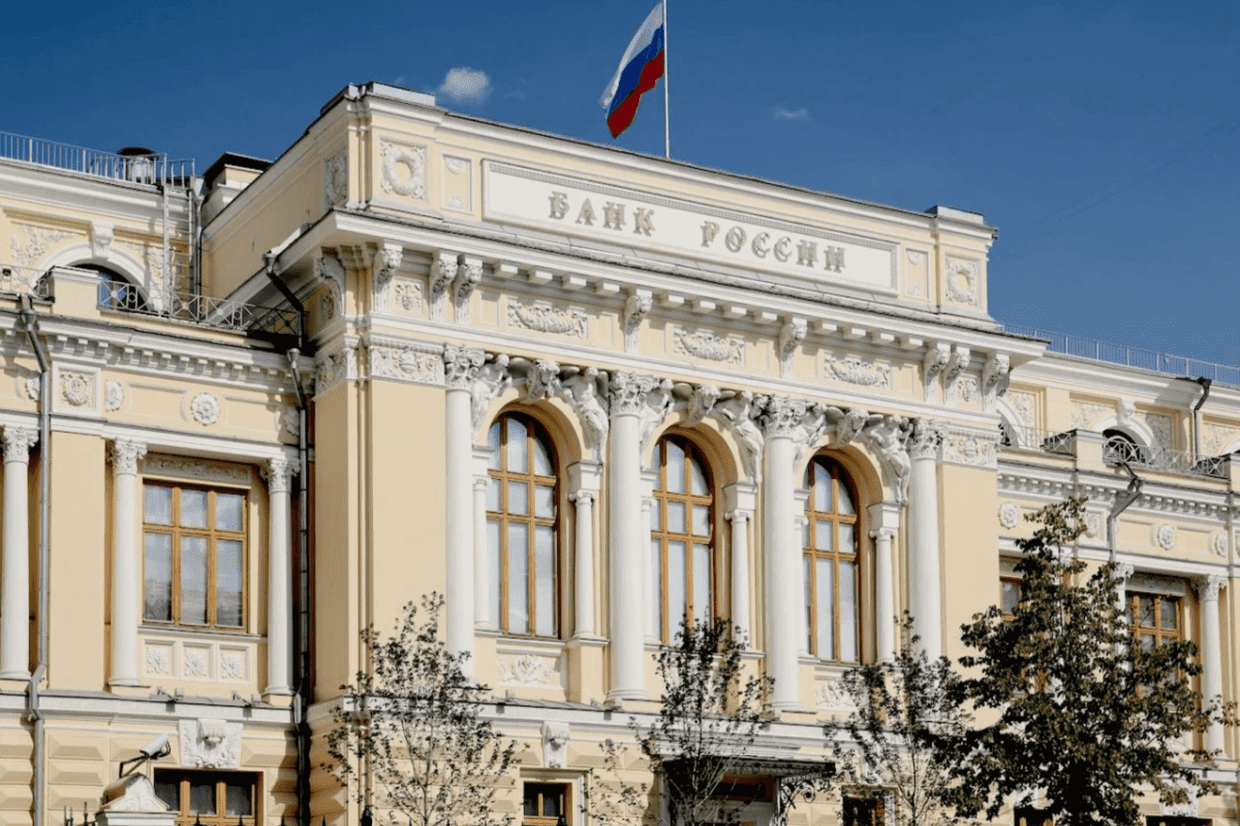FSB issues ‘warning’ to Kabarda–Balkaria resident over alleged plans to join Ukrainian army

Russia’s Federal Security Service (FSB) has issued an official warning to a 26-year-old resident in Kabarda–Balkaria over his alleged intentions to participate in hostilities on the side of Ukraine.
According to the regional FSB office, the man maintained contact with a representative of a Ukrainian intelligence service and was planning to join the Ukrainian army. The agency’s statement noted that ‘as a result of the measures taken, the crime was prevented in time’. No information was provided regarding any restrictive measures imposed on the suspect.
In 2023, security services in Kabarda–Balkaria issued a similar warning to a local woman. According to the FSB, she allegedly ‘passed information about the situation in the republic to a foreign entity’. The woman, whose name was not disclosed, was suspected of ‘monitoring media for payment’ and sending reports on the socio-political and economic situation in the region.

That warning was issued on behalf of the head of the regional FSB directorate, which stated that her actions created ‘conditions for committing a crime’ under the article on high treason.
Similar warnings have been reported in other Russian regions. Human rights advocates do not have comprehensive data on how many such warnings have been issued in total, however, in August 2022, the OVD-Info human rights project reported being aware of five such cases.
According to the human rights organisation Pervyi Otdel (First Department), only two public cases of warnings related to alleged treason were reported in 2023. In February that year, FSB officers issued a warning to a resident of Armavir, Krasnodar Krai, who had filmed staged videos ‘aimed at discrediting law enforcement officers.’ In addition, that March, two residents of Nizhny Novgorod were warned after allegedly sending money to ‘foreign organisations acting against the security of Russia’. The organisations’ possible links to Ukraine were not specified.
In addition to the growing number of warnings, there has also been a significant increase in the number of criminal cases related to treason since the beginning of Russia’s full-scale war in Ukraine in 2022. According to data from the Judicial Department of Russia’s Supreme Court, 39 individuals were convicted for treason, while in 2024, that number rose to 156 — more than a fourfold increase in just one year.
Available public information suggests that the majority of these cases involve individuals attempting to join the Ukrainian Armed Forces or transmit information to Ukrainian intelligence agencies.











